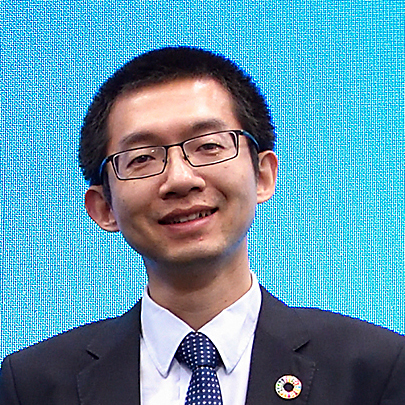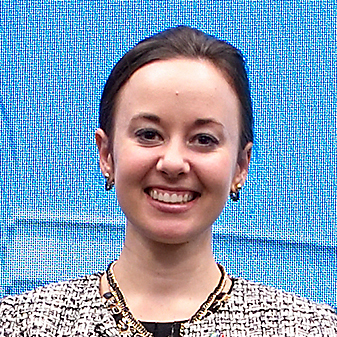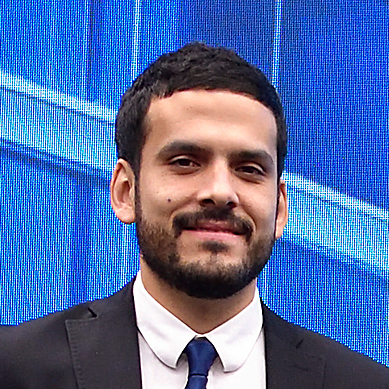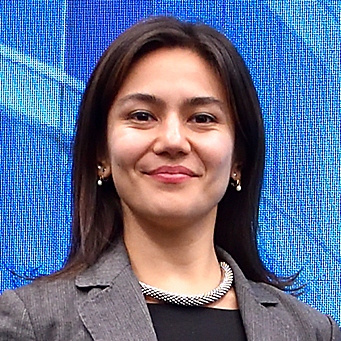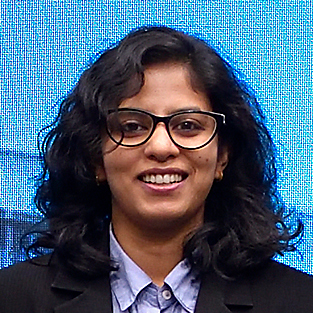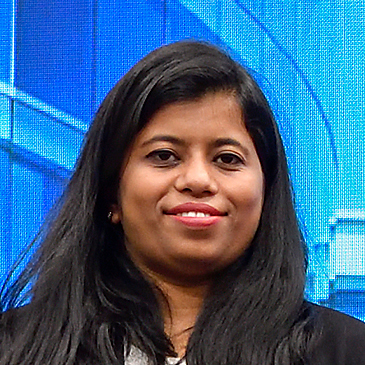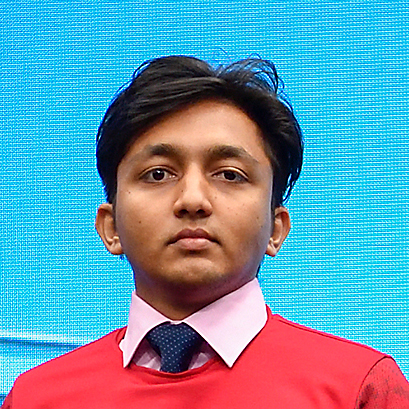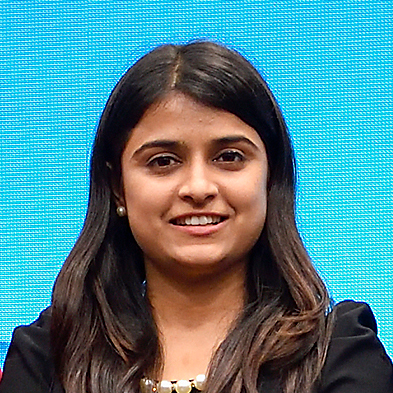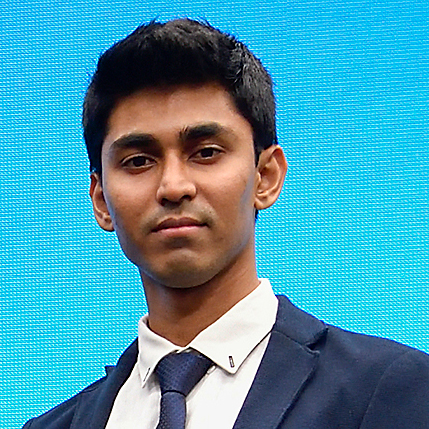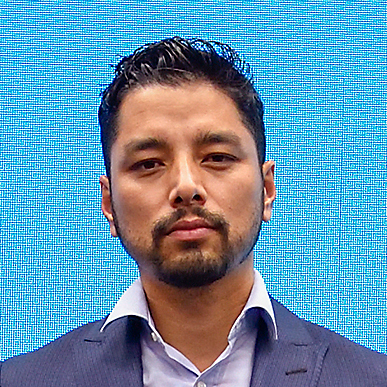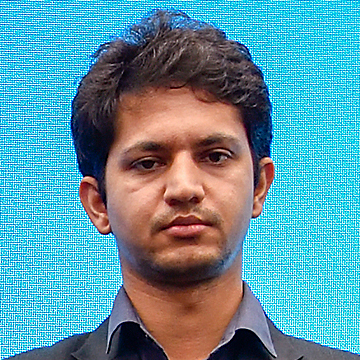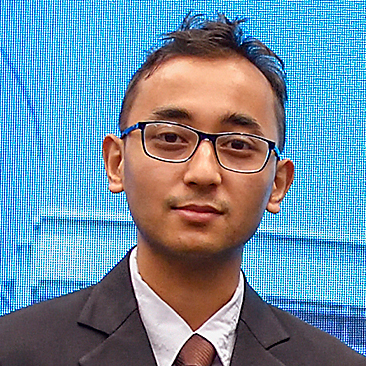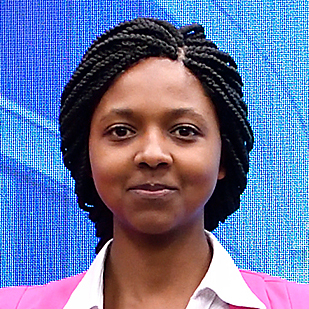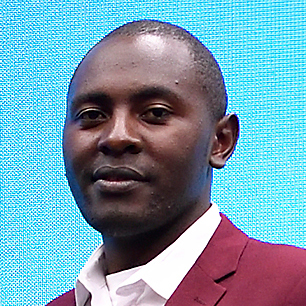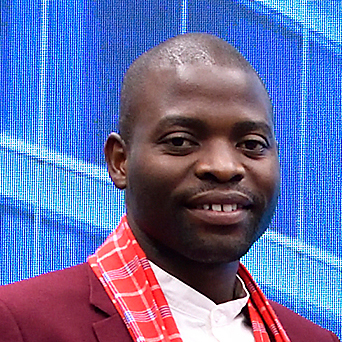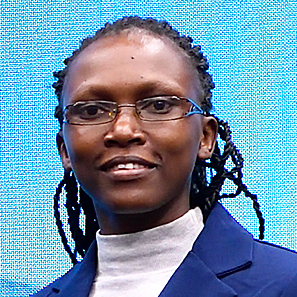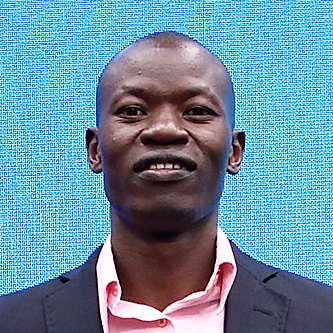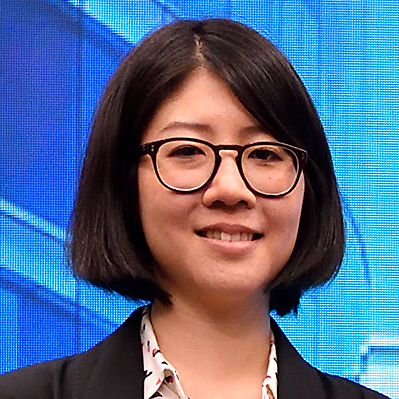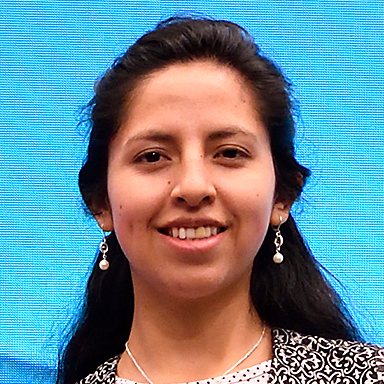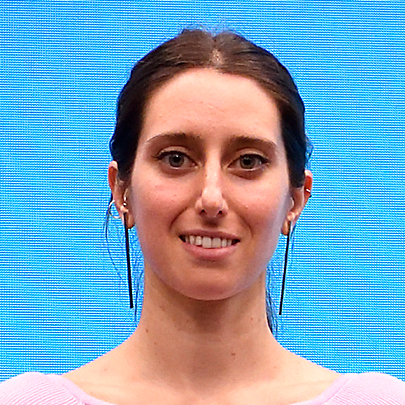2018 Advancing Development Goals International Contest for students
The 2018 edition of the contest addressed the challenges of climate change. The five finalist teams, one per continent, publicly defended their projects on 27 November in front of a jury chaired by Ambassador Jenö Staehelin and composed of Janet Peace, Florian Schatz, Maria Luisa Silva and Masao Takahashi. Ambassador Jenö Staehelin and Mrs Nane Annan presented the prizes to the teams:
In 2018, 336 teams composed of 1,284 graduate students from 101 different nationalities registered to take part in the Geneva Challenge. 66 project entries were submitted by 259 students from teams hailing from all over the world.





